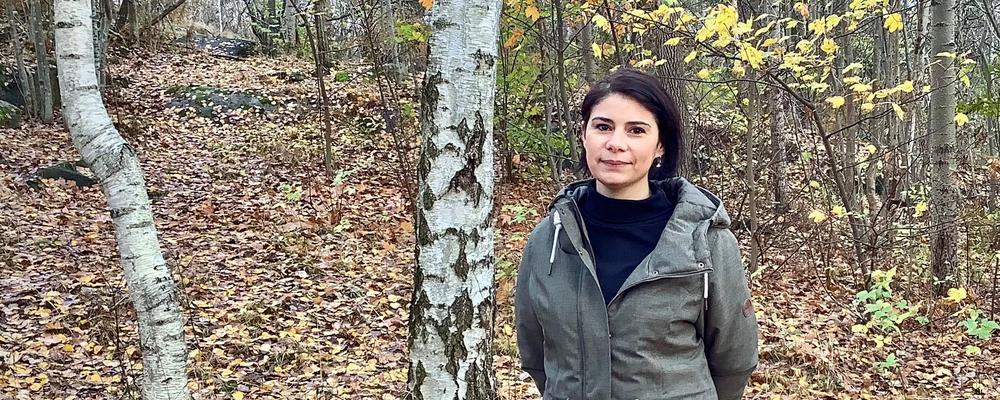Hi there, Carmen, congratulations on the starting grant from the Swedish Research Council (Vetenskapsrådet)! What does it mean to you?
– Thank you! The grant is important in many ways. It will allow me to concentrate on my research and be less worried about what is going to happen in a few months. It will also allow me to hire a PhD student and, in the future, a postdoc.
Could you explain a little bit more about the project that’s received the grant?
– Yes, there is this interesting question why women more easily get osteoarthritis compared to men. One of the causes could be the difference between sex hormones, in particular estrogens. Sex differences in osteoarthritis development become significant after menopause, when estrogen levels are drastically reduced. My hypothesis is that estrogens exert an important physiological role in damping joint inflammation as response to the mechanical stress experienced by the joint in everyday activities.
– When I did my postdoc, my main project was on osteoarthritis. Here at Dr Ulrika Islander’s lab and at the Centre for Bone and Arthritis (CBAR), the main research focus in on the effect of sex hormones on inflammation and rheumatic diseases. When the opportunity opened for me to come to Gothenburg, it allowed me to combine my experience in osteoarthritis with the CBAR-expertise in sex hormones.
– One part of my project is to investigate the cellular and molecular mechanisms behind the estrogen effect on joint inflammation and joint cartilage damage influenced by adenosine receptors, with the overall goal to identify an effective treatment for osteoarthritis patients.
You did your PhD in your home country Italy and then five years as a postdoc at New York University before coming to Gothenburg in 2019. How has your research focus changed during this time?
– When I did my postdoc project in the US I had the possibility to talk to orthopedic surgeons and rheumatologists. I learnt that the most important things for the osteoarthritis patients is to get relief from the pain that diminishes their quality of life. The novelty in my research is that I will study all aspects of osteoarthritis, including inflammation and pain sensitivity.
– My new focus will probably influence which PhD student I hire. It would be interesting to find someone who has already some experience in pain assessment and comes with some fresh ideas on how to study pain mechanisms in osteoarthritis mouse models. This could add a lot to the project.
For many people 2020 will be remembered for the pandemic. For you it will be memorable also because you were awarded not one but two grants.
– Yes, despite the pandemic it has been a prosperous period for me professionally. In February my mentor Ulrika Islander and I were awarded the Marie Sklodowska-Curie Individual Fellowship by the European Commission. The two grants mean that I have fundings for my research until 2024 and better conditions to apply for new fundings.
What do you like most about being an investigator?
– I would say that it is fun and always poses interesting challenges. I think my colleagues and collaborators make the difference. We have engaging discussions and at the same time help each other a lot, which also makes the work less stressful and easier.
TEXT: ANNA VÖRÖS

